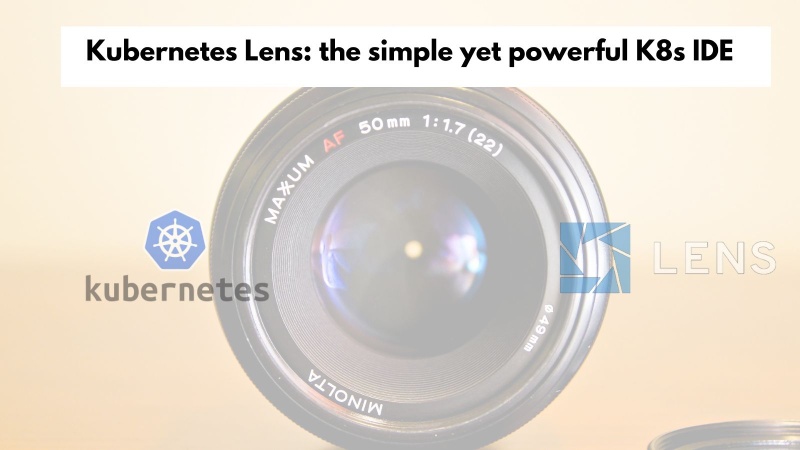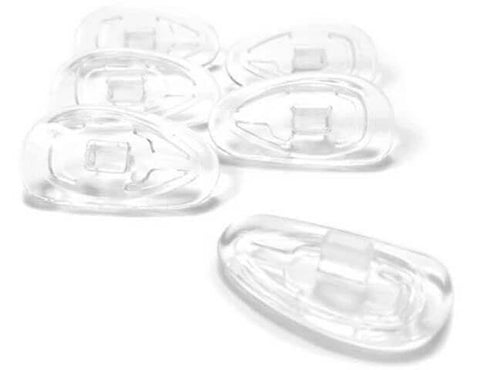Randolph Engineering Sunglasses come with two different lens technologies, each serving a specific purpose. In this post, we will examine each of these two technologies in depth, and provide you with the reason Randolph Sunglasses are preferred around the...
Randolph Engineering Sunglasses come with two different lens technologies, each serving a specific purpose.
In this post, we will examine each of these two technologies in depth, and provide you with the reason Randolph Sunglasses are preferred around the world by professional pilots.
SKYTECH™ HERITAGE LENSES
Glass was the most widely used material for ocular (prescription) lenses until the 1970s.
Glass lenses provide superior optical quality and are the most scratch-resistant material available.
However, glass is heavier than other materials, with increased thickness and low impact resistance making it quite easy to break.
Glass lenses come in two different types: mineral glass and flint glass.
SKYTECH™ lenses are crown mineral glass lenses with low chromatic aberration (Abbe number above 55) and a low refractive index.
These Randolph SKYTECH™ glass lenses are very popular, and each lens is individually ground and polished to the exacting standards of a camera lens.
These lenses provide the absolute clearest optics possible combined with the maximum scratch resistance.
In fact, if you lose or break one of these lenses it's not a problem, because you can purchase Genuine Randolph Replacement Lenses right here on our website.
Glass Lenses for sunglasses:
While plastic has become the most popular choice of lens material in recent years, glass lenses are still preferred by some for the following reasons:
Clarity. Glass lenses provide the clearest vision with the smallest amount of distortion. Scratch resistance. Glass lenses are almost impossible to scratch, while plastic lenses can be scratched easily if you are not careful. Thin and attractive. Glass lenses are typically manufactured with a higher index, which gives them a thinner, more attractive appearance. Heavier than plastic. The weight of glass lenses can get uncomfortable, especially if you plan to wear them all day. Their heaviness can also cause them to frequently slide down your face, which can become irritating over time. Limited frame options. The weight of the glass lens makes them incompatible with semi-rimless and rimless frames. This can be quite limiting when choosing a frame style. Delicate. Glass frames, though scratch-resistant, are more delicate than plastic frames and can easily crack or even shatter upon impact. This is an important deciding factor if you lead an active lifestyle. Difficult to tint. If you were hoping to add a colored tint to your lenses, you may want to rethink purchasing glass lenses. Since glass is a hard, non-absorbent material, applying a tint is difficult and is generally not recommended.SKYFORCE™ NYLON
Nylon is a transparent polyamide. It breaks the regularity of molecules by introducing side groups into the molecular chain inhibiting the formation of crystals.
The result is a transparent polyamide with good light transmittance and strong impact resistance and toughness.
Randolph's SKYFORCE™ NYLON lenses combine lightweight comfort with outstanding optics.
The lenses are 40% lighter than glass lenses, and accept tints allowing for incredible colors and gradients.
If you lose or damage the nylon lenses in your Randolph sunglasses you can get brand new Genuine Randolph Engineering replacement lenses right here on our website.
Nylon Lenses for sunglasses:
Nylon lenses are lighter than both glass and polycarbonate lenses. Nylon lenses are more flexible because they have a good “memory”, which means that even if you bend them for a long time they will go back to their original shape Nylon lenses are resistant to impact. Zeiss© anti-scratch, oleophobic, and hydrophobic lenses will guarantee your eyes will be totally safe under any conditions. Nylon lenses are BPA-free, thus keeping you from the dangers of this chemical substance. Nylon lenses provide you with a 70% higher ABBE value for better optical quality compared to polycarbonate and glass lenses Nylon lenses are greener because of the environmental impact compared to the manufacture of polycarbonate lenses. Nylon lens materials naturally block 100% UVA/UVB light. Nylon lenses are anti-allergic. Nylon lenses are made of a nylon material which is a transparent polyamide. Nylon lenses can be tinted by adding color toner to the nylon material. This means that nylon lenses have stable coloration and will not fade over the long run. A vacuum coating machine is used to attach different pigments to the surface of the lens layer by layer until the desired color is reached. After the nylon lens has been strengthened waterproof and oilproof films are added so that water will immediately run off of the lens. If you draw on the surface of the lens with an oil-based pen the color will shrink to a drop-size shape and can easily be wiped off with a microfiber cloth.Randolph Sunglasses
Randolph sunglasses come with a choice of either mineral glass or nylon lenses and are very popular with pilots, fashionistas, and those who value quality over price.
Whether you are looking to make a fashion statement or rely upon your eyes as pilots do, you will find a variety of wonderful sunglass styles and options in the Randolph sunglass line.
I urge you to take the time to check out Randolph's complete line of sunglasses where you are sure to find a pair just perfect for you and your lifestyle.
Until next time, keep your eyes safe and focused on what's ahead of you, Hersch!

















